Welcome to the Pizzo Lab website. Our lab is located in the Vallisneri Biology Complex, a multi-department research centre of the University of Padua; we are part of the Department of Biomedical Sciences.
Historically, our lab has been interested in calcium (Ca2+), its homeostasis, and its role in cell signalling, both in health and disease.
Our research activity is mainly aimed at unravelling the intricacies of cellular calcium (Ca2+) signalling, both in health and disease, with special incidence on organelle Ca2+ handling and function. By combining biochemistry, molecular biology and imaging/electrophysiology approaches, both in vitro and in vivo, we investigate specific Ca2+ signalling pathways in normal and pathological conditions.
We are particularly interested in identifying specific Ca2+ alterations in different neurodegenerative disorders. To this end, we continue to carry out detailed analyses of various aspects of Ca2+ signalling in Alzheimer's Disease (AD) and Hereditary Spastic Paraplegia. In the former, we exploit different AD mouse models, while in the latter we use Drosophila melanogaster as a model organism.
To address our research goals, we regularly generate state-of-the-art bespoke biosensors, both for Ca2+ and other ions and metabolites. To finely dissect intracellular variations, our biosensors are generally targeted to specific subcellular locations, such as the endoplasmic reticulum, Golgi apparatus, mitochondria, nucleus, peroxisomes, and plasma membrane. These tools are instrumental for determining a high-resolution map of the heterogeneity of signalling pathways within the cell.
Our lab is also part of the Advanced Light Microscopy Italian Node of Euro-BioImaging. Euro-BioImaging is a European network that offers life scientists access to imaging instruments, expertise, training opportunities and data management services, regardless of their affiliation, area of expertise or field of activity. These pan-European open access services are provided with high quality standards by leading imaging facilities and it is with pride that we offer our contribution to this innovative framework.
The Research section of this website contains additional information regarding current projects, as well as a comprehensive list of research papers that reflect our scientific activity.
The work carried out in our lab over the years relies on the continued support from various funding entities, which we gratefully acknowledge.
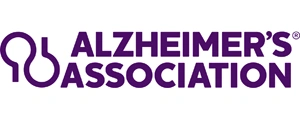



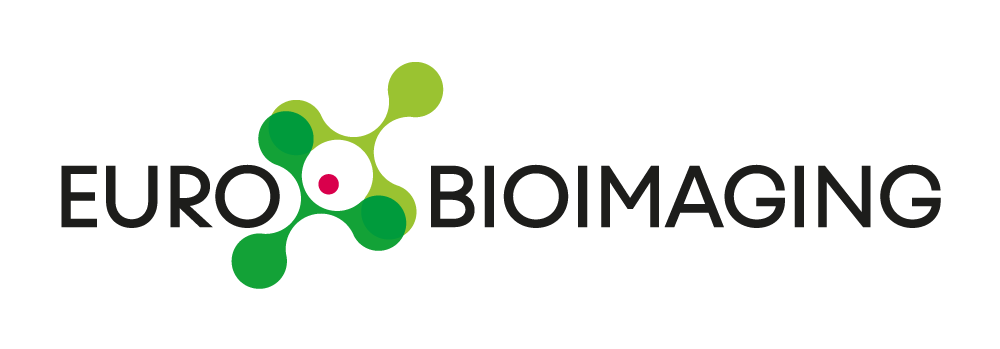
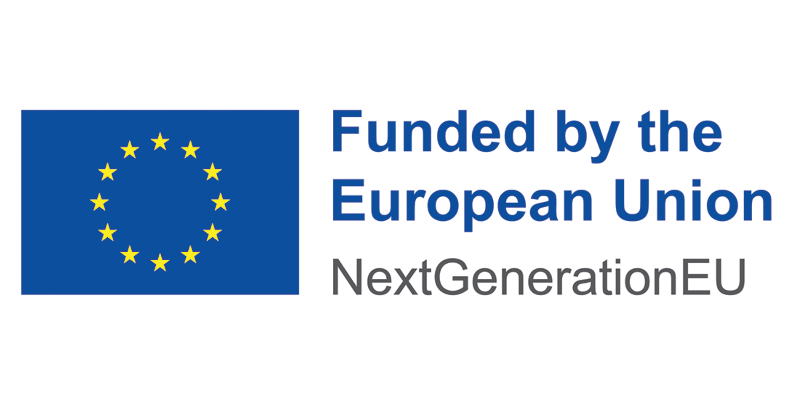
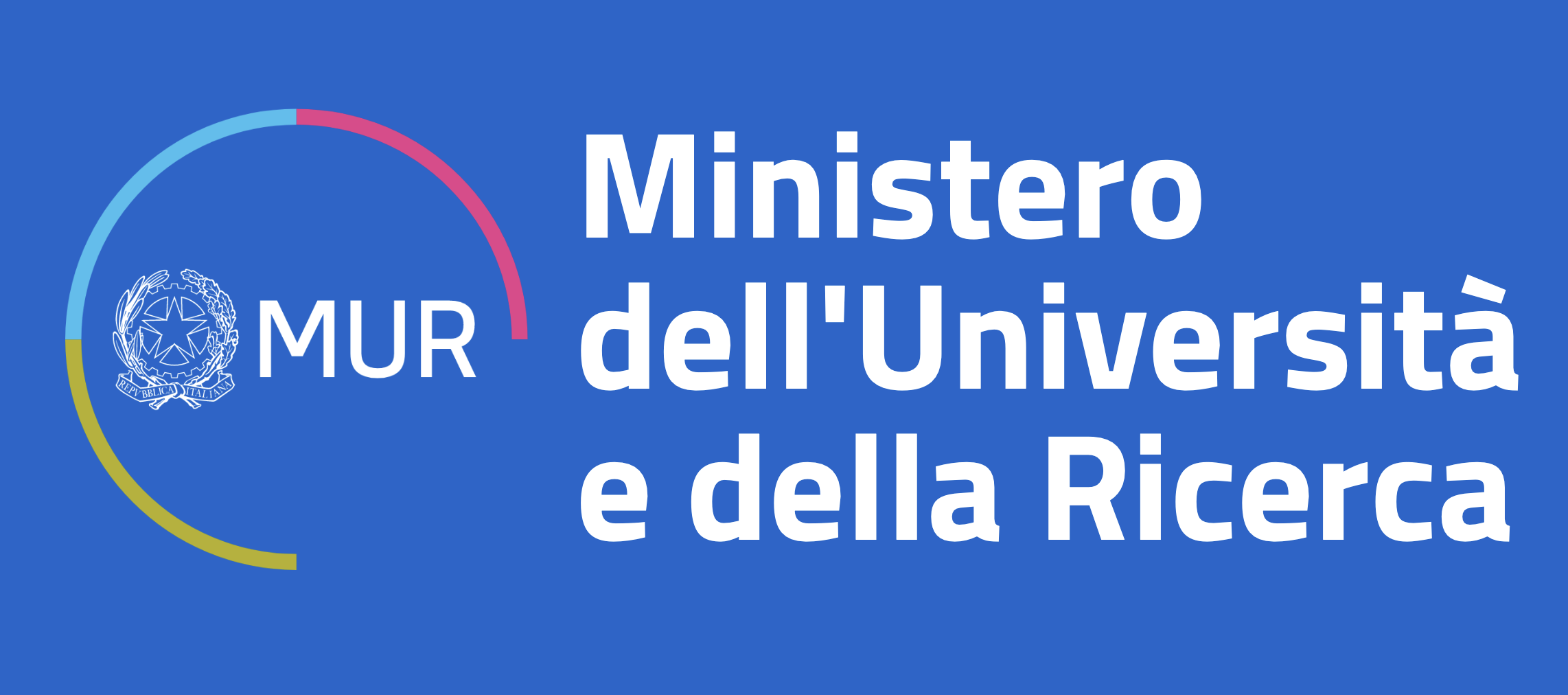



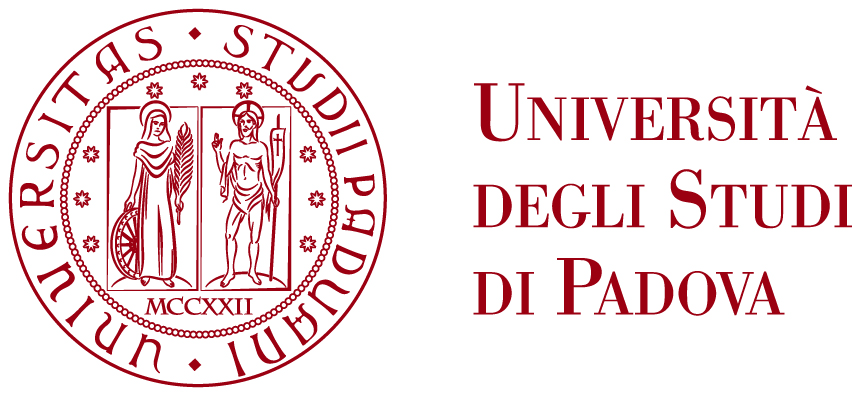
For details on currently active grants sustaining our current research lines, please see the Research section.

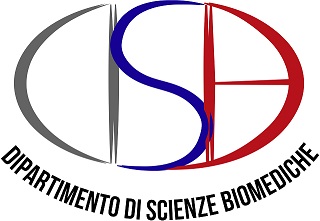
Feb 2026
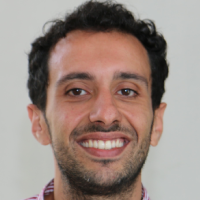
Congratulations to Domenico Azarnia Tehran on his STARS@UNIPD 2025 Consolidator Grant!
Another important step in a brilliant scientific career. Best wishes for a successful journey!
Dec 2025
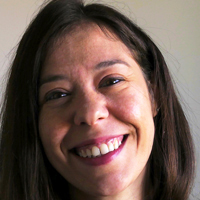
Congratulations to Elisa Greotti on her FIS 3 Starting Grant!
This well-deserved recognition marks an important step in her scientific career and will support her upcoming research. Best wishes for a successful journey!
October 2025
Check out the gallery for this year's Tullio Pozzan Memorial Lecture.
May 2025
We are happy to announce that this year's Tullio Pozzan Memorial Lecture will be held by Aldebaran Hofer (Harvard Medical School &
Brigham and Women’s Hospital).
Join us next 14 October!
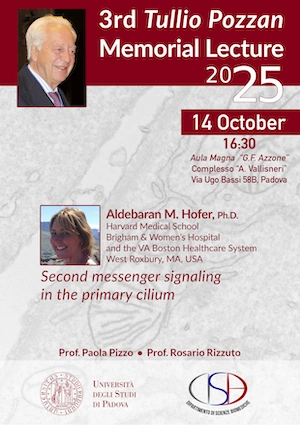
Download the flyer
and spread the news!
November 2024
We're on BPoD! Here's our Biomedical Picture of the Day
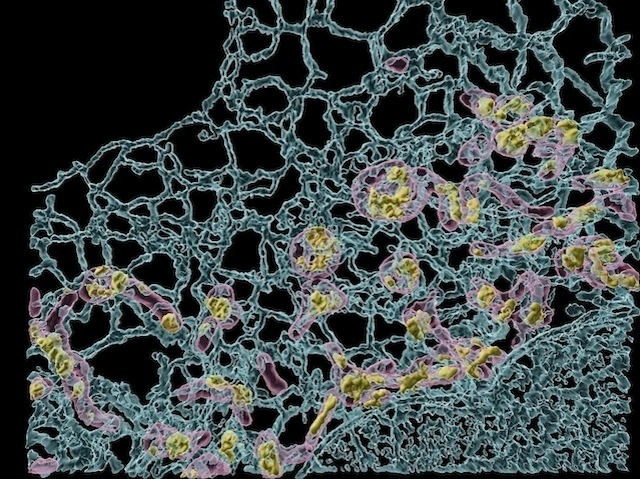
November 2024
Our paper entitled Simultaneous detection of membrane contact dynamics and associated Ca2+ signals by reversible chemogenetic reporters is now out in Nature Communications! Read it here »»